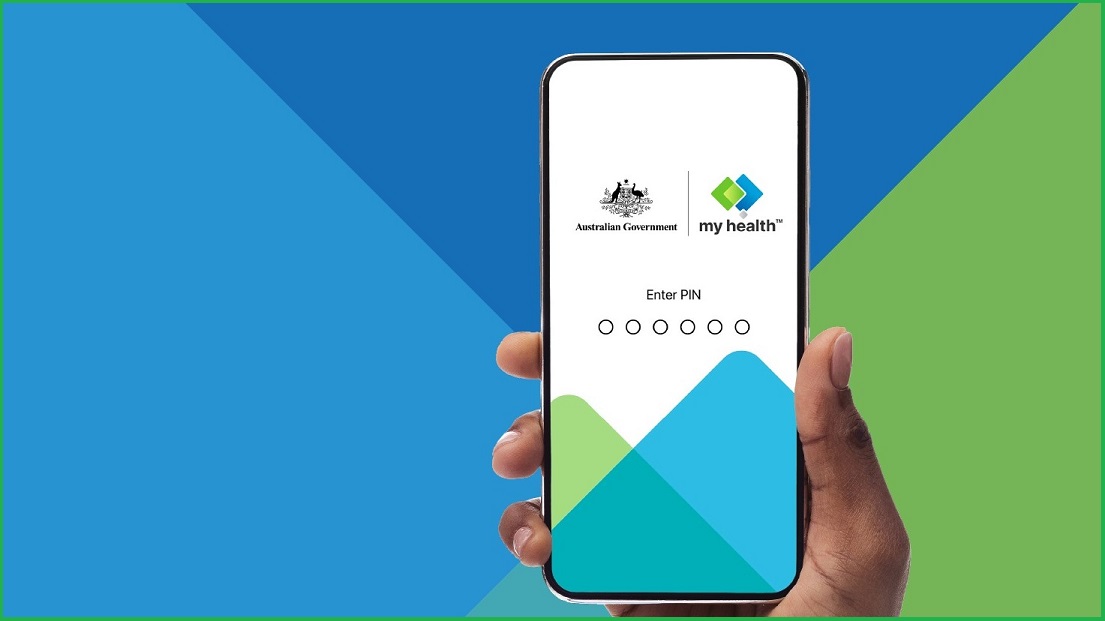The government’s mobile app for accessing your My Health Record dropped on app stores this morning after 16 months of development.
Adelaide firm Chamonix IT Management Consulting picked up the original tender for the app back in November 2021 for $2.1 million with subsequent tenders adding $250,000 to the cost.
The Australian Digital Health Agency (ADHA) hopes the app – with the unassuming name ‘my health’ – will boost access and desire for personal health data which ADHA Chief Clinical Advisor Dr Steve Hambleton said was "the hallmark of a modern health system".
“If we truly want to move to a wellness system in this country, we need to put the information into the hands of the people that need it, and that’s the consumers, that’s the patients,” he told ABC News Breakfast on Thursday.
“If you find yourself in a hospital or a doctor’s who can’t access the record – it’s right there in your hand.”
According to the agency’s latest annual report, 23.3 million Australians had a My Health Record with a total of four billion documents sitting in the health database by the middle of last year.
Individuals’ views of My Health Record documents have increased 292 per cent in the 2021-22 financial with 76 million documents viewed compared to 19 million in the previous year.
The app itself has a simple design showing your name and age at the top with a main tile for overall medical history and 10 different tiles for categories like scans, test results, immunisations, care plans, and organ donor status.
COVID-19 vaccinations and tests have their own dedicated tile, complete with a reminder if you are due for a booster shot.
Authorised representatives such as parents can access their children’s data through the app as well.
Documents like test results can be accessed directly through the app where they can be shared with physicians and carers.
Clicking the share option triggers a pop-up warning to “be careful: you are about to share sensitive personal information with other people, apps or service”.
The terms and conditions require you to provide “de-identified data about your device, device location, system and application software” which will be used for further app development. It also claims the app “does not collect any information” when it is not in use.
The app’s privacy policy claims the app “has undergone an Information Security Registered Assessors Program (IRAP) assessment through the Australian Signals Director” and has been through independent code review and penetration testing.
My Health Record had a controversial start to its life. Created as an opt-out system, it had privacy advocates concerned about whether a government agency could be trusted to safely keep data safe in an internet-accessible database.
The original opt-out period was extended for months as the government tried to reassure the population that its infrastructure and data protection regime was capable of defending would-be attackers who would want to access the massive trove of data.
In 2020, the ADHA admitted it had found evidence of “potential compromise” of the system but that “no health information or personal sensitive information was accessed”.
The my health app is available on the App Store and Google Play.










